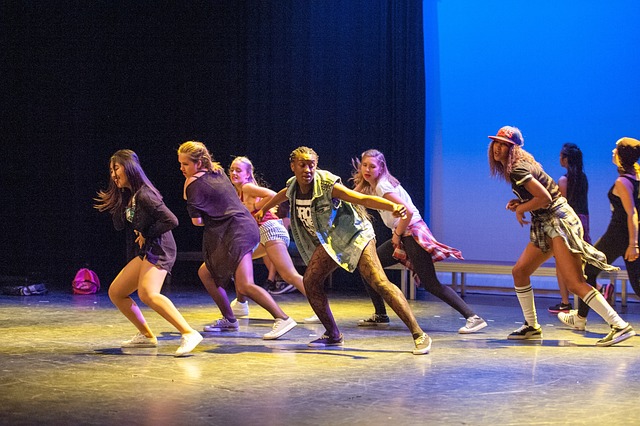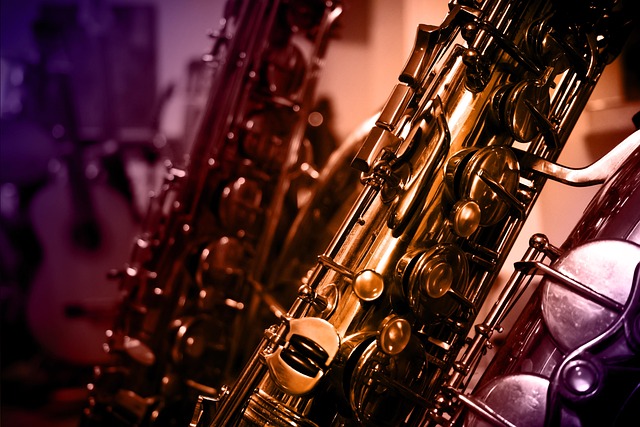Hip hop has evolved remarkably since its inception in the 1970s, transforming not only the music landscape but also the broader entertainment industry. This dynamic genre of music has become a cultural phenomenon, capturing the hearts and minds of millions worldwide. With its roots in African American and Latino communities, hip hop has continually pushed boundaries, making its mark in areas such as concerts, festivals, and even cinema.
The music industry has witnessed a significant shift with the rise of hip hop. Initially dismissed as a passing trend, it now stands as a dominant genre that influences fashion, language, and lifestyle. Artists like Grandmaster Flash, Tupac, and The Notorious B.I.G. laid the groundwork for what hip hop would become, infusing their music with socio-political commentary that resonated with their audiences. Today, contemporary artists such as Kendrick Lamar and Cardi B continue this tradition, using their platforms to discuss pertinent issues that matter to their fans.
Concerts and festivals serve as the lifeblood of hip hop culture, providing an exhilarating space for fans to gather and celebrate their favorite artists. Large-scale festivals like Coachella and Rolling Loud have become hotspots for hip hop, showcasing a diverse range of talent and attracting people from all walks of life. These live experiences foster a sense of community among fans, allowing them to connect not just through the music but also through shared values and experiences.
As hip hop permeates the cinema world, it becomes clear that its influence extends beyond the stage. Films like 8 Mile” and “Straight Outta Compton” have not only told the stories of iconic artists but have also reflected the struggles and triumphs of the hip hop community. This cinematic representation allows fans to engage with the genre on a deeper level, enriching their appreciation for the music and the culture it embodies.
The music industry’s landscape continues to shift, and hip hop is at the forefront of innovation. With the advent of social media and streaming platforms, artists can now reach audiences directly, allowing for a more authentic connection. This accessibility has empowered a new generation of hip hop artists, enabling them to experiment with sounds and styles while still paying homage to the genre’s rich history.
As we explore the evolution of hip hop, it becomes evident that this genre is more than just music; it’s a cultural movement that reflects society’s ever-changing dynamics. From the streets of the Bronx to stages across the globe, hip hop remains a powerful force within the entertainment industry, constantly redefining what it means to be an artist in the modern world.


